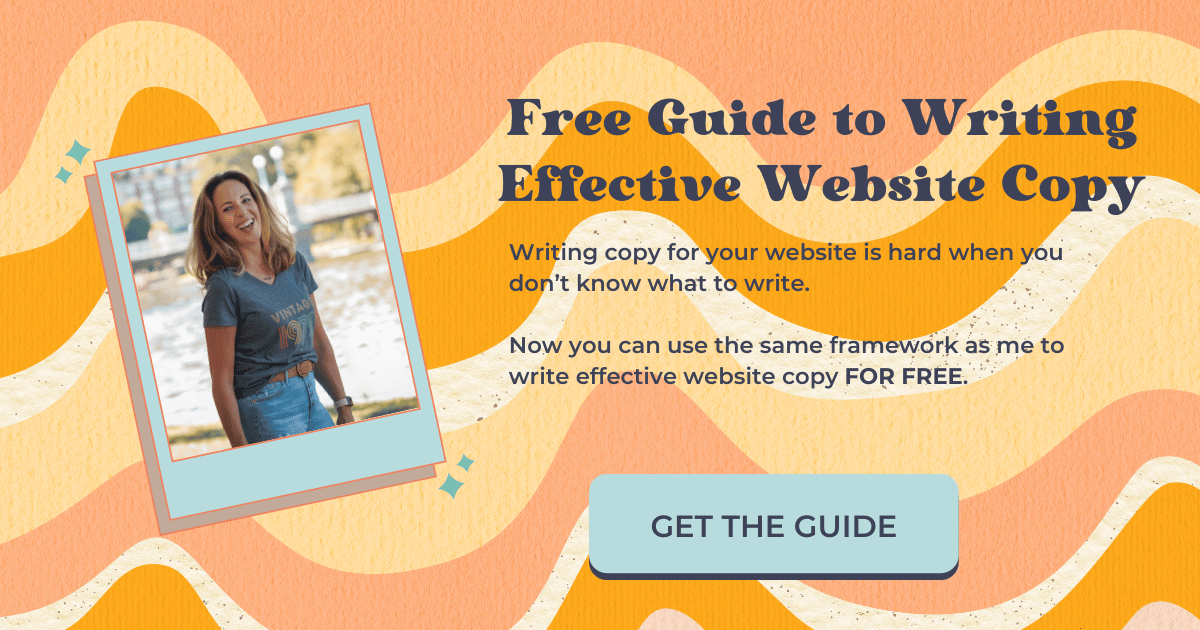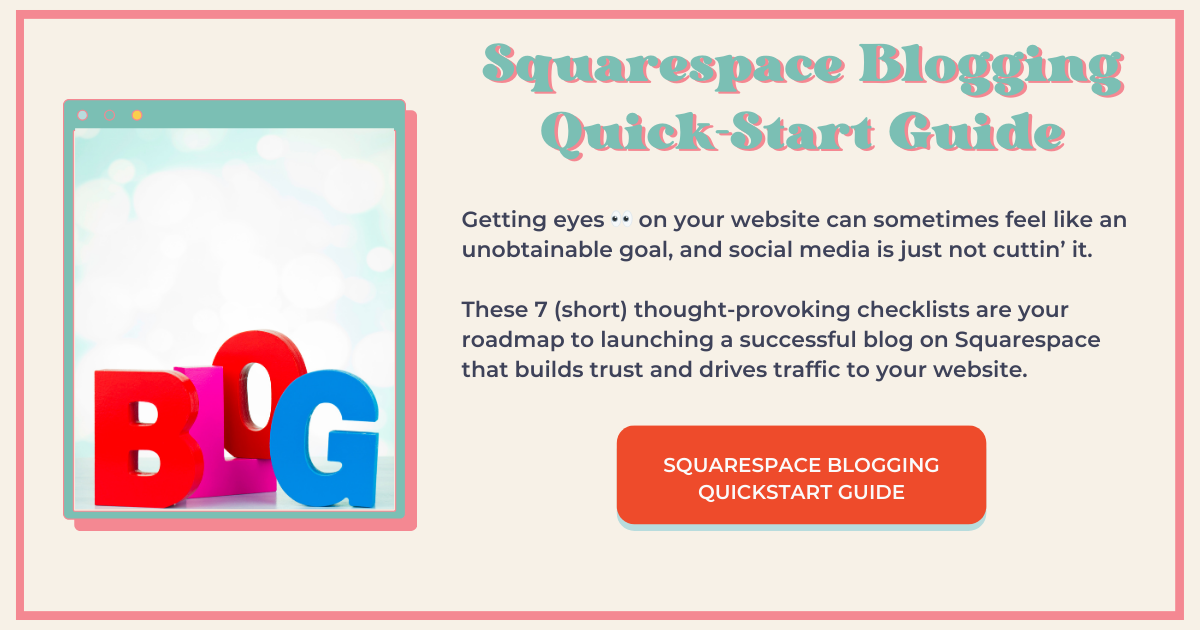SEO Is Not Dead: How to Blog for SEO and AI in 2025
Don’t kill your website traffic: SEO is NOT dead!
Let’s clear something up right away: SEO is not dead. Not even close. The rumors of its demise have been greatly exaggerated, and if you’re a blogger who believes otherwise, you’re setting yourself up for failure. In 2025, ignoring SEO is like putting your blog in a dark room with no lights on—it might be great, but no one will ever find it.
Here’s the deal: while SEO is alive and kicking, it has evolved. Search engines like Google are smarter than ever. AI can now tell the difference between real, experience-driven content and recycled fluff. That means the days of keyword-stuffed, generic blog posts are over. What works today is a mix of authentic writing for humans and strategic optimization for AI.
So, how do you balance the two? In this post, I’ll discuss how to craft blogs that resonate with readers, rank high in search engines, and prove once and for all that SEO is far from dead.
Why SEO Is More Important Than Ever for Bloggers
Let’s get one thing straight: as long as we have websites, SEO will matter. No matter how much blogging evolves, SEO is the foundation that ensures your blog gets discovered.
Yes, AI is becoming more sophisticated. But that doesn’t mean SEO is obsolete—it means SEO is evolving. Search engines now prioritize content that’s helpful, well-structured, and written from genuine experience. For bloggers, this is actually a win because it forces us to create high-quality posts that serve our readers.
Here’s why ignoring SEO would be a fatal mistake:
SEO drives organic traffic, which is often the lifeblood of a blog.
Search engines are how most readers discover blogs—without SEO, you’re invisible.
SEO isn’t just about keywords; it’s about understanding what your audience is searching for and delivering value.
If you’re still on the fence, remember this: a great blog without SEO is like having the best café in town in the middle of nowhere. Nobody’s going to find you.
FAQ:
Q1: Why do people keep saying SEO is dead?
A1: It’s a myth! SEO has changed over time, but it’s not dead. In fact, it’s more essential now because AI algorithms demand higher-quality content.
Q2: Can a blog succeed without SEO?
A2: It’s possible, but incredibly difficult. SEO helps you reach your audience organically—it’s the backbone of discoverability.
How AI Recognizes Quality Blogs
AI isn’t just looking for keywords anymore; it’s looking for value. Thanks to updates like Google’s Helpful Content Update, search engines now reward blogs that:
Are written from genuine experience or expertise.
Answer the reader’s intent clearly and comprehensively.
Provide fresh insights instead of rehashing the same old advice.
For bloggers, this is great news! If you’ve ever written about something you’ve done personally—whether it’s trying a DIY project, reviewing a product, or running a successful business—you’re already ahead of the game. AI loves authentic, helpful content.
Pro Tip: To rank high in 2025, focus on creating in-depth, original posts that actually help your audience. Share personal experience, insights, and actionable advice instead of vague, general statements.
FAQ:
Q1: How does AI know if my blog is “authentic”?
A1: AI analyzes metrics like dwell time (how long someone stays on your page) and user engagement to gauge if your content provides real value.
Q2: What’s the difference between low-quality and high-quality blogs?
A2: Low-quality blogs are generic, lack depth, and feel regurgitated. High-quality blogs are specific, helpful, and often based on real-life experience.
Q3: What is Google's Helpful Content Update?
A3: Google's Helpful Content Update is an algorithm update designed to prioritize content that’s genuinely useful to readers. It rewards blogs that demonstrate first-hand experience, originality, and in-depth knowledge, while penalizing generic or overly optimized content that doesn’t add value. For bloggers, this means writing helpful, experience-driven posts is more important than ever.
How to Optimize Blogs for Both SEO and AI
Optimizing for SEO and AI isn’t an either/or situation.
I compare this to trying to lose a few pounds. You can’t either eat healthy or exercise, you need to do both.
The trick is to strike a balance. Here’s how:
Start with Value:
Before even thinking about keywords, focus on your readers. What problem are you solving? What question are you answering? Blogs that provide value naturally perform better.
This is exactly how I teach my own students how to blog and, incidentally, when others were whining about how their website visits tanked, mine stayed steady.
Why? Because I focus on content first, the stuff my actual audience is looking for and how I am uniquely positioned to help them.
Structure Matters:
Make your blog easy to read and skim. Use:
Clear headings (with keywords).
Bullet points and numbered lists.
Short, digestible paragraphs.
Add FAQs at the end of your sections to further elaborate.
Sprinkle Keywords Naturally:
Don’t overdo it. Use your target keyword in the title, subheadings, and a few times in the body—but only where it makes sense. I wrote a blog post that helps you determine where to place your primary keyword within your blog post.
I do this AFTER I’ve written my content. I determine what my keyword is as it relates to my content, not the other way around. I use the SEOSpace plugin to help me with this, and then I amend the blog post to include the primary keyword if necessary.
Be Authentic:
AI can tell when you’re faking it. Write about things you know, and don’t be afraid to share personal insights. You don’t want to sound like a robot.
Actionable Content:
Don’t just tell readers what to do—show them how to do it. Practical advice and examples make your blog more valuable.
This is a good place to mention YouTube. YouTube videos will often show up in searches even when your blog posts don’t. AI doesn’t show you how to do things, but a YouTube tutorial will. And remember, YouTube is the second largest search engine, so it’s worth considering.
FAQ:
Q1: How many keywords should I use in a blog?
A1: Aim for 2–3 uses per 1,000 words, but focus on quality over quantity. Keywords should fit naturally into the content.
Q2: Can I write a blog post without using any keywords?
A2: Technically, yes, but your post may struggle to rank. Keywords help search engines understand what your blog is about.
Why Blogging for Humans Is Still Priority #1
At the end of the day, your readers are humans, not robots. If your blog doesn’t resonate with people, it doesn’t matter how optimized it is for AI. Blogs that connect with readers will always outperform bland, robotic content.
Here’s why human-first blogging is non-negotiable:
Trust: Readers trust blogs that feel real, relatable, and helpful.
Engagement: People share, comment on, and return to blogs they enjoy.
SEO Benefits: The more people engage with your blog, the better it performs in search rankings.
FAQ:
Q1: If I’m writing for humans, do I even need to think about AI?
A1: Yes, because AI helps connect humans to your blog. Writing for humans is step one, but optimizing for AI ensures your content gets discovered.
Q2: How do I make my blog more engaging for readers?
A2: Use a conversational tone, include examples, and always provide actionable takeaways.
SEO Is Here to Stay
If there’s one thing I hope you take away, it’s this: SEO isn’t dead, and it’s not going anywhere. Bloggers who thrive in 2025 will be the ones who embrace SEO while staying true to their human audience. The key is balance—write blogs that feel authentic, deliver value, and are optimized for discoverability.
Remember, SEO isn’t the enemy. It’s your secret weapon. Without it, your amazing content may never be seen. So, keep blogging, keep optimizing, and stay ahead of the curve. You’ve got this!
And hey! Feel free to share your thoughts in the comments below👇
This page contains affiliate links
Like this post?










